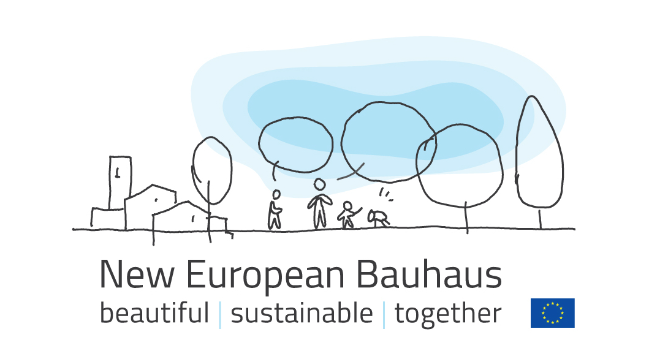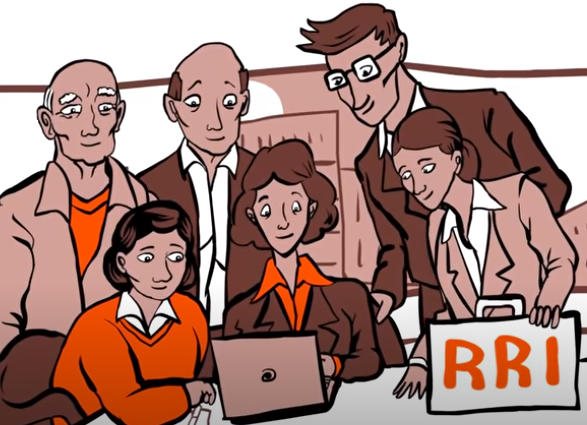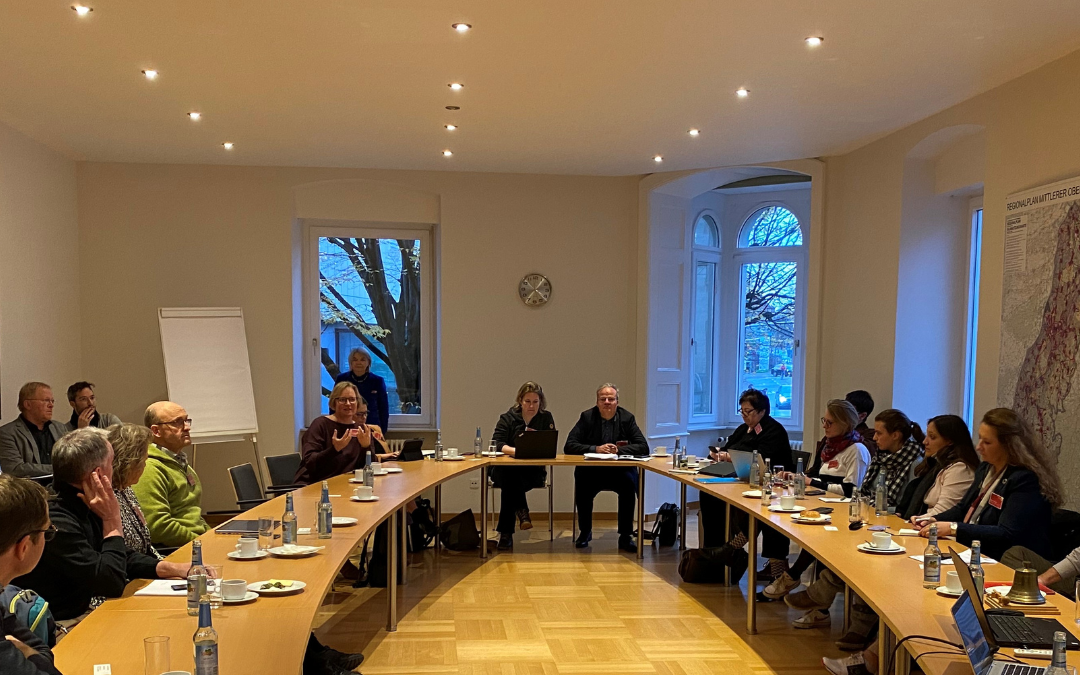As far as RRI is concerned, it is a concept that has been developing for more than a decade, yet even today, it faces a considerable number of challenges. On 1 December 2022, the third Roundtable Meeting took place where experienced RRI researchers met virtually to discuss the future of RRI. Participants shared their views on future challenges and opportunities that RRI may face.
RRI needs handy and actionable tools
Many of the participants agreed that the biggest problem facing RRI is its implementation since there is a lack of means to incorporate it within organisations. Despite the availability of instruments such as RRI-tools.eu.
RRI poses a double challenge. On the one hand, it must incorporate a theoretical improvement to increase efficiency and change in organisations and institutions, so that RRI instruments can be aligned with processes that enable feasible change. On the other hand, when applying RRI instruments it is important to consider local contexts, structures, needs and requirements of institutions, stakeholders and innovation practices in order to apply RRI principles in the most practical way possible. Actors should be able to follow guidelines and tools that help practitioners to operationalise RRI in local contexts.
What should be done to bridge the principles-to-practices gap?
- Hybrid actors: Actors who are able to apply RRI principles in practical examples are needed so that these practices can be incorporated into the organisational context. By hybrid actors, we mean agents with a simultaneous role as practitioners, facilitators and trainers who in turn participate in the theoretical development of the RRI concept. These actors must be able to function as a connection between the different levels of the system that make up these practices, between theory and practice
,so that they are able to provide the necessary information to the appropriate actors. - Engagement: Engagement builds through long-term partnerships that promote a much more attractive engagement for stakeholders. It is about building trust through networking, as well as about creating goals, values and potential benefits that can be achieved through RRI implementation. Another good way to encourage engagement is to inspire users through practical examples of how RRI has generated successful results.
- Communication and building capacity: practitioners feel that the concept of RRI is overly academic and concepts that are difficult to understand by organisations unfamiliar with issues related to accountability. So, the most obvious solution would involve the use of much more familiar concepts that can more effectively bring RRI closer to the rest of the audience. To do this, practitioners making use of RRI must be able to define the contextual relevance of abstract concepts such as “responsibility” or “ethics”, so that the rest of the audience is able to have a better understanding. The clarification and exemplification of concepts would not only help in bringing the audience closer to RRI but would also lead to better decision-making related to the implementation of RRI within organisations. This kind of awareness-raising also builds communities capable of discussing the societal impacts of innovations
,and supports embedding RRI into expectations, mindsets, informal discussions, and organizational routines and practices. - Expectation management. Practitioners should hope for long-term programs for collaboration
,to promote actual changes. In order to do so, the challenge demands altering normalized practices and investing in training and learning so as to foster new skills and capabilities.
Nurturing RRI presence in EU funding mechanisms and among key stakeholders
Researchers acknowledge the fact that, even if the different key approaches to RRI are likely to be maintained, RRI is at risk of being faded if unnurtured. Therefore, researchers should try to ensure that RRI is prioritized within the agenda of EU funds, that is, articulated both in funding opportunities and on the demand side.
Therefore, practitioners need to raise awareness among stakeholders about who influences and how RRI is used. Overall awareness building, training, and communication should target governments, policymakers, innovation platforms, universities, large companies, citizen organizations, and citizens themselves. Such action could have snowball effects: if one major actor manages to be successful, it will become an example to others.
What are the ingredients for a perfect RRI recipe?
Ultimately RRI is a set of tools and principles that helps align research and innovation with the common good and find solutions to societal challenges. What it does is help institutions and organisations that advocate for more sustainable solutions.
Thus, discussants of the 3rd RRI Roundtable came up with three main keywords that will define the future of RRI: meaningful, necessary and embedded. RRI becomes meaningful to the organization and employees of every organization, in terms of strategic goals and everyday practices. RRI also becomes necessary since organisations, managers, and employees perceive RRI change as essential. Finally, RRI becomes embedded and normalized into organizational common practices. This will ease RRI to incorporate organisational culture and practices through local ingredients and resources, resulting in feasible changes and real commitment.
You can check the original blog post at this link.
(A blog post by Anton Sigfrids, Research Scientist in AI ethics, VTT Technical Research Centre of Finland and Nina Rilla, Senior Scientist in responsible innovation, VTT Technical Research Centre of Finland)
Hits: 274





0 Comments